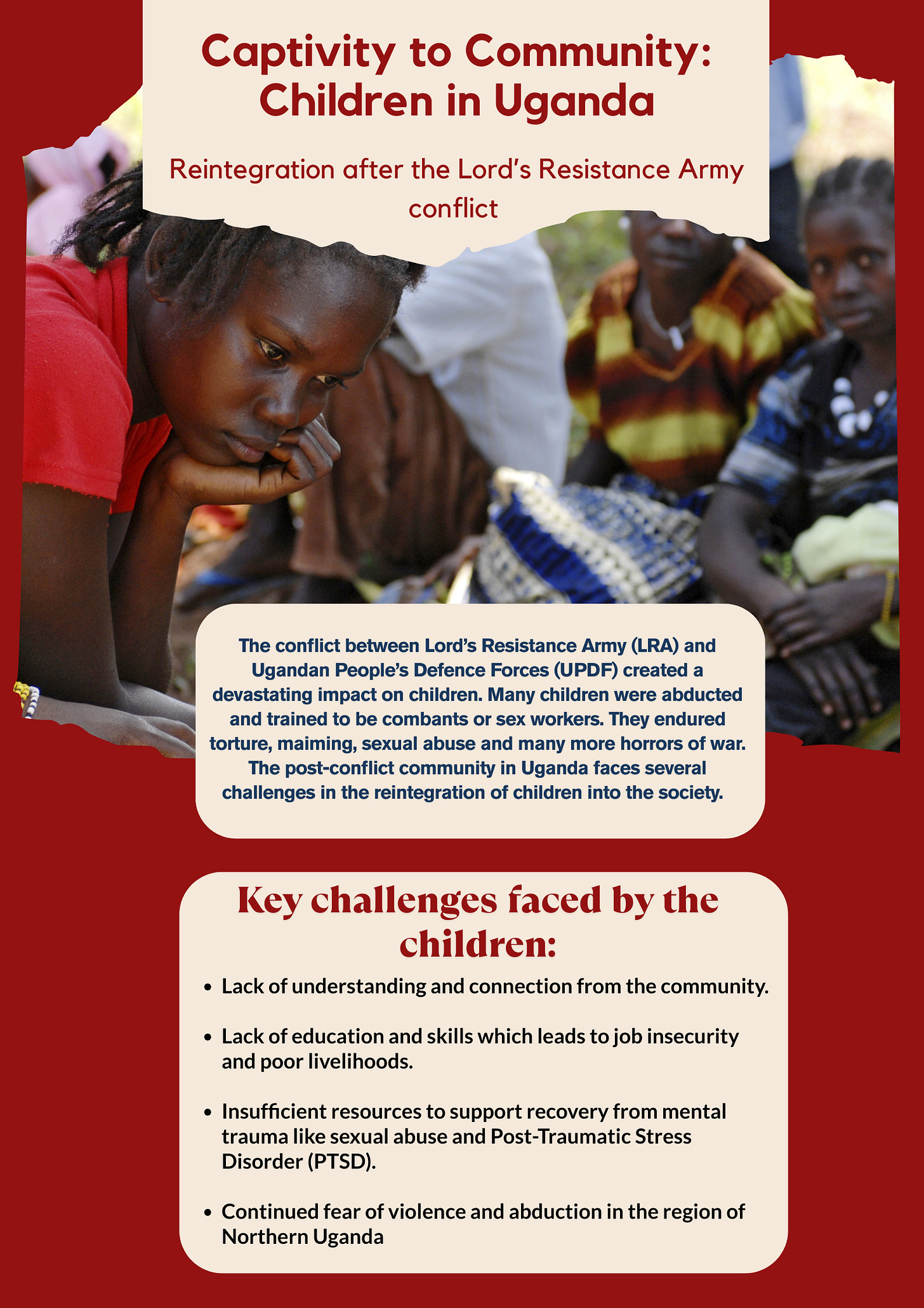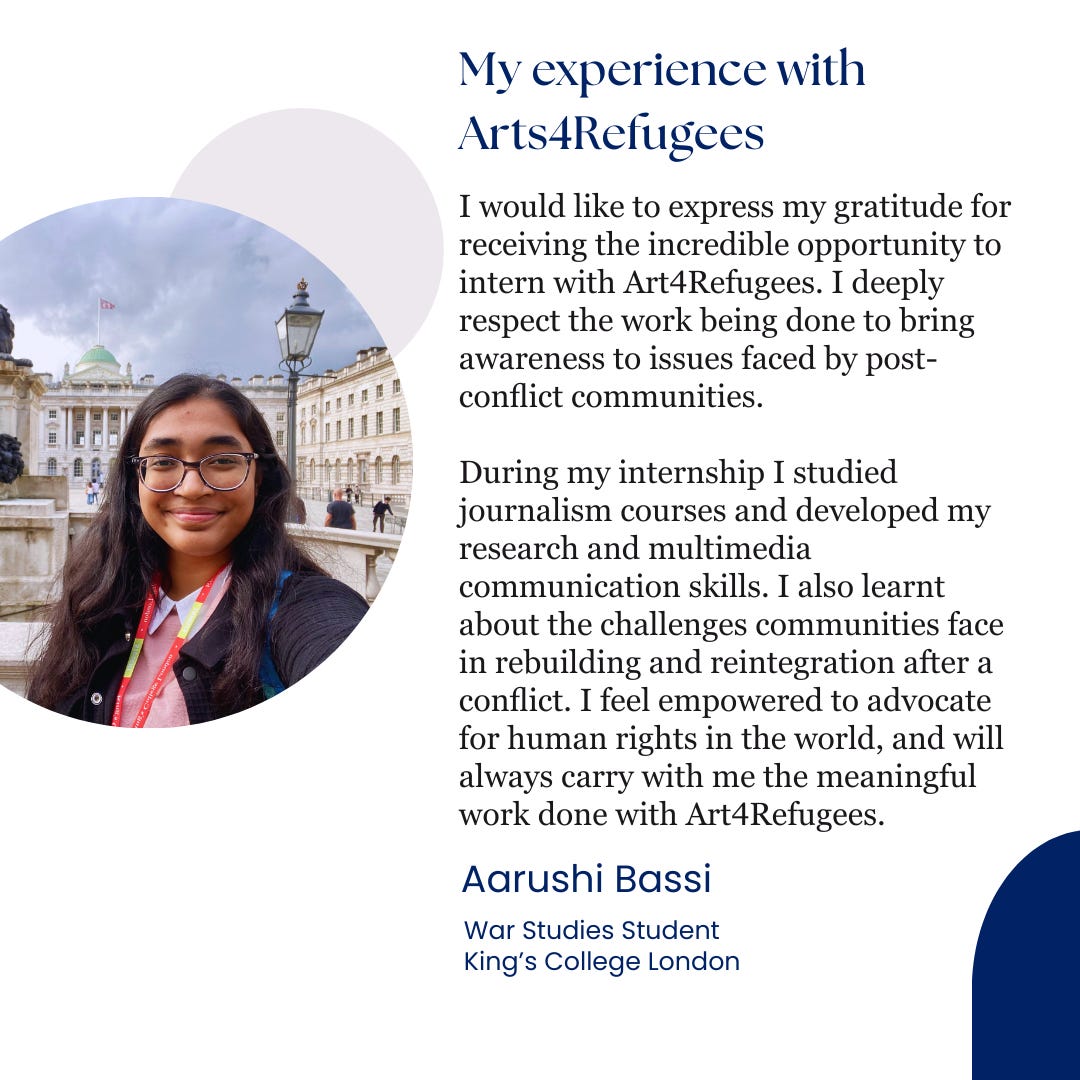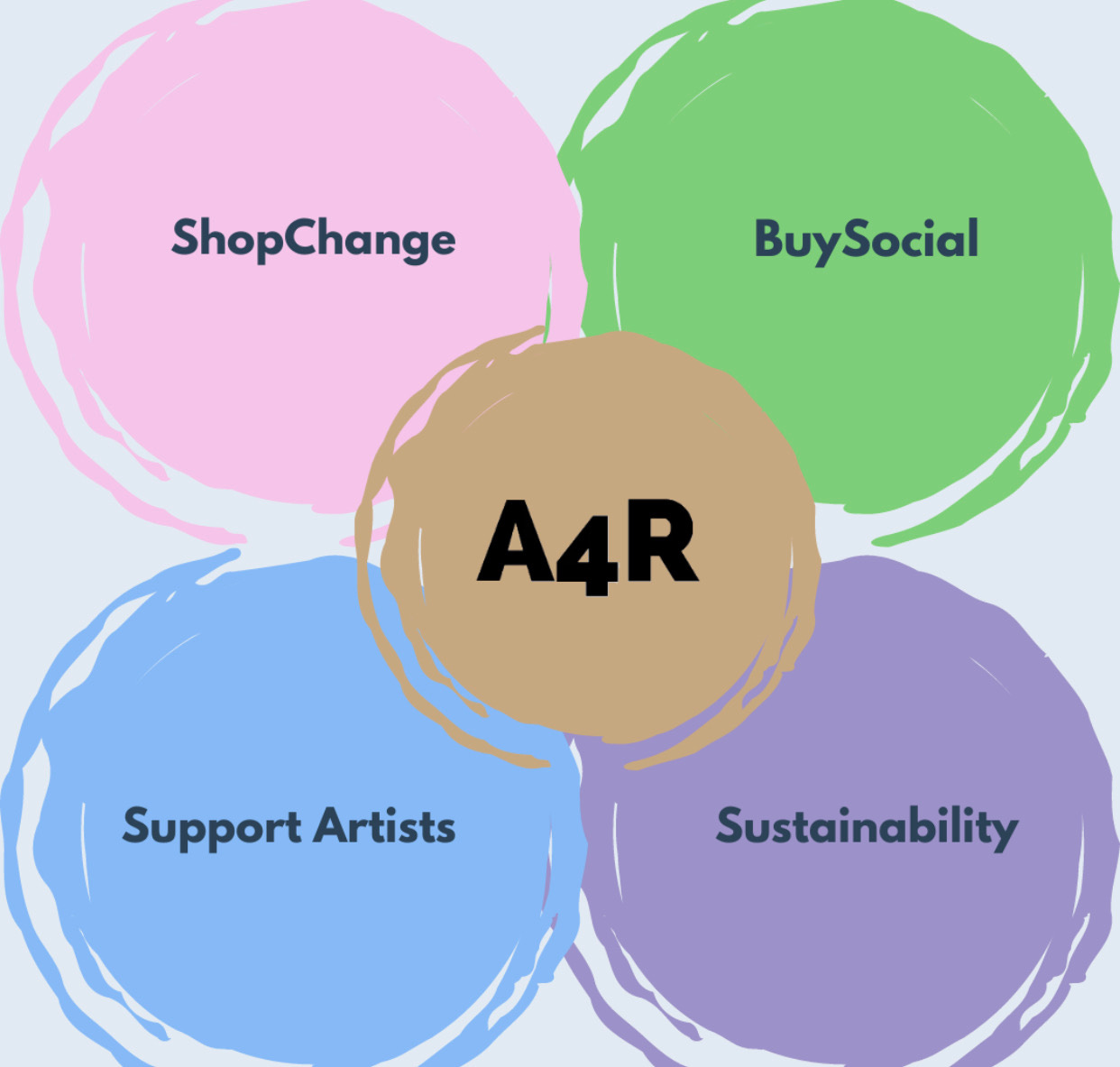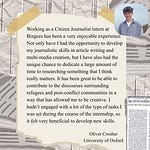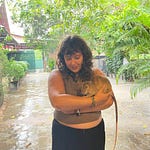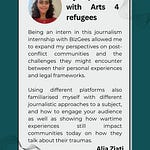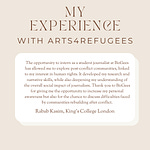Captivity to Community: Reintegration of children after the Lord’s Resistance Army (LRA) conflict
The de-escalation of war comes with a celebration of peace. However for children in Northern Uganda, the silence after the war is just the beginning of their journey to be whole again.
The LRA conflict in Northern Uganda between two opposing powers led to many human rights violations. The Lord’s Resistance Army led mass abductions of children, mutilations, and terror attacks, while the Uganda People’s Defence Forces (UPDF) committed indefensible crimes against their citizens. This conflict profoundly impacted the present and future lives of Ugandan citizens, especially previously abducted children who now face challenges in survival, self-identity, connection, and reintegration into society. They grew up with immense mental and physical trauma that hinders their development and is complex to understand. As international organizations like The International Criminal Court and the United Nations continue to make efforts to reimburse Ugandans and war-impacted areas, it is essential to understand the challenges wartime children face and the steps to fulfill their human needs.
History of the Conflict
Uganda had an unstable political environment. The 1980-1986 Bush War involved fighting between the Ugandan government and rebel groups, notably the National Resistance Army led by Yoweri Museveni. It was primarily supported by southwestern Uganda which endured the worst of the Acholi-led government’s regimes, including about 300,000 civilian deaths, according to Mercy Corps (2006). In 1986, President Yoweri’s Army overthrew the government and came into power, instigating tensions within the northern Acholi people who feared retribution. Amidst rising ethnic tensions and dissatisfaction, Joseph Kony from northern Uganda, claimed to communicate with spirits and formed the Lord’s Resistance Army. Their goal was to overthrow the Yoweri-led government and replace it with a regime based on Acholi traditions and Kony’s interpretation of the Ten Commandments.
The Lord’s Resistance Army aimed to disrupt life in Uganda by raiding villages, torturing families, and most devastatingly, abducting children to train them as combatants or sex workers. This insurgency grew more violent to show that the present government couldn’t protect Ugandan citizens. Ironically, the LRA’s brutal actions targeted northern Acholi people, the ethnicity they claimed to fight for. According to the UN, 2.5 million civilians were displaced between 1987 to 2012 and placed into protection camps. These camps were far from safe havens, becoming instead a site of forced resettlement with inadequate support. Kony led the massacre of civilians in response to the Ugandan government’s Operation North, launched to arm local villages against LRA attacks. Peace-building efforts began in 1994 but lacked a unified vision and initiative. This solemn humanitarian crisis only gained the necessary international attention around 1994-1996 when child recruitment and training into the LRA increased. Jan Egeland, UN Undersecretary General for Humanitarian Affairs and Emergency Relief Coordinator, described the crisis in Uganda as one of the world’s worst and least known.
Childhoods lost to war
The conflict in northern Uganda severely affected abducted children. According to the UN, all LRA members except a few senior officials were forced recruits, particularly minors. The LRA tortured them into submission and made them do unthinkable things—from becoming combatants and committing atrocities against their families to selling girls as wives to LRA soldiers, facing sexual abuse and violence. Children who refused to follow orders or tried to escape training camps were maimed and killed. By 2006, most abducted children and young adults returned home to their parents and relatives, when the LRA had fled Uganda to settle in regions like South Sudan and the Democratic Republic of Congo. The children passed through a reception center managed by Gulu Support the Children Organization (GUSCO). Between 2012 and 2019, research was carried out, along with follow-up interviews and discussions with the reception center staff, as reported by the Journal of Refugee Studies, 2020. This research highlights the children’s plight and difficulties meeting basic human needs. The UN Security Council declared that the LRA violated all Six Grave Violations identified in 1999 for children affected by armed conflict, including killing and maiming, abduction, and denial of humanitarian access. Thus, it is crucial to assess the reintegration efforts of children and understand what steps can be taken to ensure their trauma heals and their fundamental rights are met.
Safety and Struggle of Schooling
The suffering of children in contemporary war is a crucial discussion, as experiences of war crimes can profoundly impact their growth and development. These traumatic experiences can hinder children’s access to basic needs and resources. The primary challenge faced by children from the Ugandan conflict is safety and survival. UNICEF (2004) states that ensuring children’s safety is the responsibility of parents, relatives, and the community. However, in this case returning the children to their homes exposes them to potentially hostile relatives who could disregard their sensitive condition. Abducted at a young age, they face a growing gap between themselves and their families due to a lack of connection and shared experiences, making them outcasts with no resources to support themselves.
The abducted children lack proper education because in the years they would have completed schooling, they received military training to become combatants. These lost years result in young adults seeking jobs to get rejected, escalating job and health insecurity. The lack of infrastructure and resources to receive skill training and fast-track education increases the likelihood of children pursuing dangerous livelihoods like trading food, shelter, and security for sex work.
Pain, Stigma and Path to Connection
The United Nations defines conflict-related sexual violence (CRSV) as “rape, sexual slavery, forced prostitution, forced pregnancy, enforced sterilization, and other forms of sexual violence of comparable gravity perpetrated against women, men, girls, or boys that is linked directly or indirectly to a conflict”(UNSC 2002). During Uganda’s 20-year conflict, many children experienced CRSV, affecting their growth and development. Many became pregnant, leading to further complications in reintegration. These victims, including mothers and children, face stigma, discrimination, limited access to social services, and may not be accepted into their family homes. A study with 30 women in northern Uganda found that over one-third reported physical health issues like STIs and chronic chest pain. They described ongoing resentment in society even 10-15 years after returning and the tragic impact on their present relationships and economic status (Woldetsadik et al. 2022). Reporting incidents of CRSV is incredibly difficult for survivors due to the emotional toll of recalling trauma, fear of damaging their social standing, and risk of receiving threats. It is important to address these barriers and create a safer environment for them to receive the services for physical, mental, and emotional well-being.
The returned children of the LRA conflict struggle daily to reconnect and be understood by their communities. Children were tortured and forced to commit atrocities against their communities, necessitating strong support systems to help them readjust to normal lives. War-impacted children suffer from Post-Traumatic Stress Disorders (PTSDs) as well as depression, anxiety, and hostility issues. Studies highlight the numerous problems faced by the community as they tried to reintegrate the children, including food insecurity, lack of school fees, and continued fear of abduction. The local community is not equipped to deal with advanced mental health challenges faced by these children. This claim is supported by interviews with local caretakers where majority answered that they would ‘sit-down’ with the child (Betancourt et al.,2009) in response to noticing psychosocial problems. This is insufficient to improve the children’s long-term health, especially with conduct problems. War shatters children’s sense of identity and belonging and the community needs to support them as crucial pillars of healing. Community services can restore trust, provide a safe space to express feelings and offer structure in the lives of these children. The current gap between survivors of the LRA conflict and the community is due to a lack of understanding, connection, and acceptance and this must be bridged to provide better reintegration.
Rebuilding Life
The reintegration of children in Northern Uganda is a complex and ongoing process. Despite undergoing traditional cleansing rituals, the community holds prejudice against the children, hindering complete acceptance and connection. International organizations like UNICEF, World Vision and Save The Child have set up mental health support camps in Uganda but the need for more accessible and comprehensive services remain a challenge. The lacking infrastructure to accelerate learning for the children who missed their educational years poses a threat to job security and independent futures. To conclude, while the progress in Uganda in the reintegration of children is commendable, it requires enduring commitment, resources and support to fully address the social, economic and psychological challenges and fulfil the human needs of the children.
In this episode Aarushi discusses the aftermath of the civil war in Uganda and the struggle children are facing. She is a student journalist with us on a placement organised with Department of War Studies, King’s College, London. This article was edited using Lex.page.
Thank you for reading an A4R 🎨 Post. Don’t forget to visit our gift shop here. Every purchase scales our impact and pays our bills.



